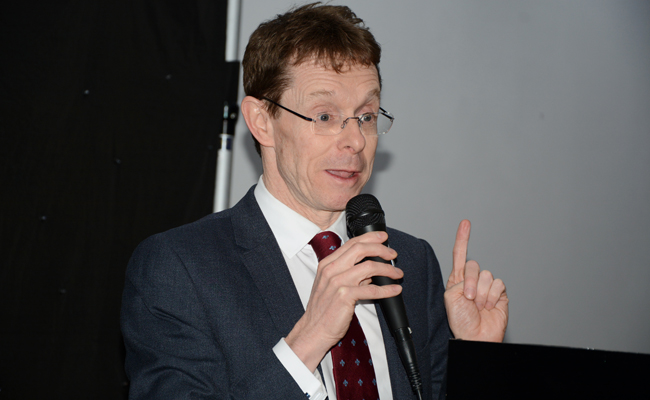New powers to tackle anti-social behaviour on the buses

A plan to use new powers for tackling anti-social behaviour on buses in the West Midlands, will be considered by the West Midlands Combined Authority (WMCA) next Friday (January 11).
If approved, Transport for the West Midlands (TfWM), which is part of the WMCA, will invite views on a set of proposed byelaws which would apply to buses, bus shelters and bus stations.
The byelaws would give enforcement officers greater powers to deal with a range of anti-social acts including smoking and vaping, being intoxicated by alcohol or drugs, vandalising property, obstructing passengers, playing loud music and threatening or offensive behaviour.
If the byelaws are taken forward they would be the first set of bus byelaws in the UK.
Work carried out by Transport Focus in 2011 showed that passenger perception of personal safety is most affected by low level nuisance.
Similar byelaws are already in place on trains and trams in the West Midlands, and are being proposed as part of a zero tolerance stance to anti-social behaviour on public transport.
Mayor of the West Midlands Andy Street said: “No one on our buses should have to put up with anti-social behaviour and I am determined to use every tool available, including these bus byelaws, to tackle the problem.
“Reported crime is relatively low, but the fear of anti-social behaviour still deters some people from using the bus.
“Therefore we want to do everything possible to stamp out nuisance behaviour and enable everyone to use transport in full safety and security.”
These new laws would be enforceable by the police officers from the Safer Travel Partnership team giving them more effective tools to deal with and deter anti-social behaviour on the bus network.
The Safer Travel Partnership is a collaboration between West Midlands Police, British Transport Police and Transport for West Midlands.
Cllr Roger Lawrence, WMCA portfolio holder for transport and leader of City of Wolverhampton Council, said: “Our Congestion Management Plan for the region, which was launched last year, told us that perception of personal safety is a very real barrier to public transport use.
“Although crime on buses has dramatically reduced by 70% since 2006, thanks to our Safer Travel Partnership, anti-social behaviour is still preventing people from taking the bus, in fact11.5% additional public transport journeys would be made every year, if they felt safer.
“We have listened to passengers’ feedback on what would make them feel safer when using public transport and believe introducing bus byelaws to tackle anti-social behaviour is an important first step.”





